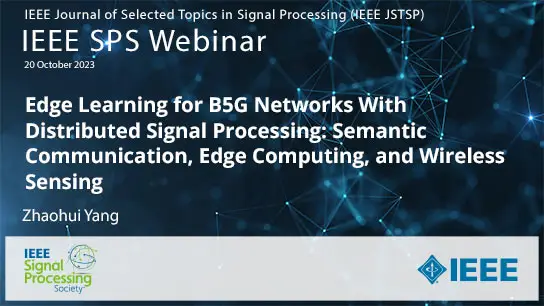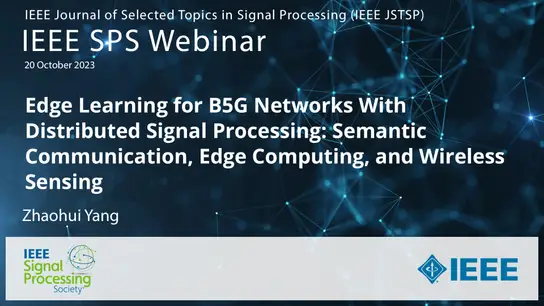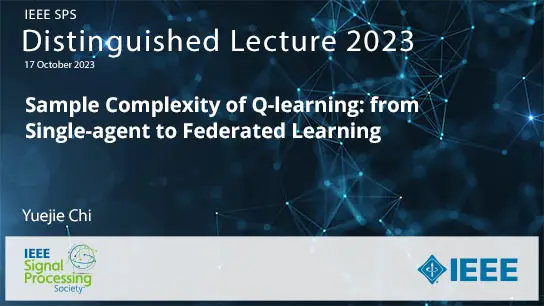Learning Unbiased Rewards with Mutual Information in Adversarial Imitation Learning
LiHua Zhang (School of Computer Science and Technology, Soochow University); Quan Liu (School of Computer Science and Technology, Soochow University); Zhigang Huang (School of Computer Science and Technology, Soochow University, Suzhou, China); Lan Wu (School of Computer Science and Technology, Soochow University)
-
Members: FreeSPS
IEEE Members: $11.00
Non-members: $15.00
08 Jun 2023
A powerful method for automated decision systems is Adversarial Imitation Learning (AIL). It is based on a generative adversarial framework that alternately optimizes a generator (learner) and a discriminator (reward function). In the popular mind, a high-accuracy discriminator results in informative rewards, thus AIL must balance the performance between a generator and a discriminator. However, we find that the AIL reward function is biased and also results in informative rewards. Thus, we theoretically analyze the bias in the AIL reward function and find that balancing the performance of a generator and a discriminator is not necessary when we recover an unbiased reward function. Further, we propose a mutual information based auxiliary reward function. Experiments on continuous control tasks indicate that MI-GAIL is able to address the bias problem of the AIL reward function and further improve sample efficiency and training stability compared with up-to-date algorithms.



